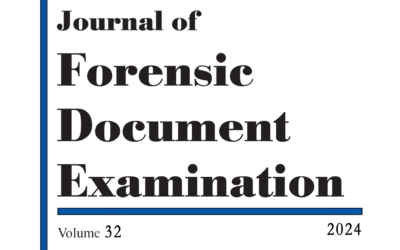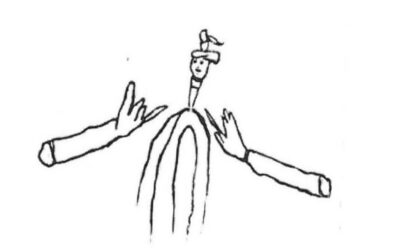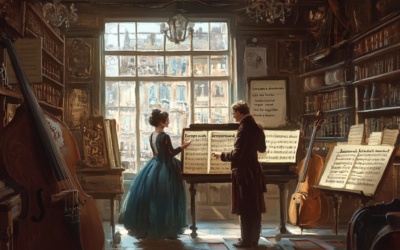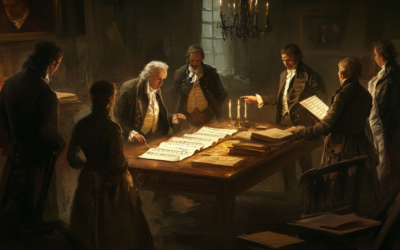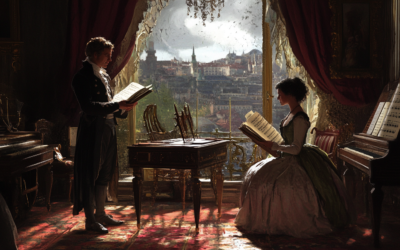New Revelations About Mozart
at the Évora Forensic Conference
At the Évora Forensic Conference, new research confirmed that both Mozart’s personal catalogue and the signatures on his violin concertos are forgeries, challenging long-held beliefs.
Mozart: The Fall of the Gods
This book offers a fresh and critical look at the life of Wolfgang Amadeus Mozart, challenging the myths that have surrounded him for centuries. We strip away the romanticised image of the “natural genius” and delve into the contradictions within Mozart’s extensive biographies. Backed by nearly 2,000 meticulously sourced citations, this work invites readers to explore a deeper, more complex understanding of Mozart. Perfect for those who wish to question the traditional narrative, this biography is a must-read for serious music lovers and historians.
"The bass clefs and signatures once thought to be Mozart’s have now been revealed as forgeries, rewriting 250 years of music history."
@MozartrazoM
Exciting Mozart-related discoveries were unveiled at the International Conference on Forensic Handwriting and Document Examination held in Évora, Portugal. In the photo, we are at the University of Évora alongside Dr. Anthony Jarvis from Darwin University in Australia and Professor Heidi Harralson, a Board Certified Forensic Document Examiner from East State Tennessee University, a renowned author in forensic document analysis for court experts.
All four of us focused on Wolfgang Amadé Mozart during our time in Évora. Besides our scientific paper on Mozart’s personal catalogue, two other groundbreaking papers were presented. The first, by Anthony Jarvis, examined the bass clefs in Mozart’s personal catalogue. Through statistical and geometric analysis, Jarvis proved that the bass clefs in the catalogue are incompatible with Mozart’s handwriting, further supporting our claim that the catalogue was not written by Mozart but is a forgery.
The second paper, presented by Professors Heidi Harralson and Martin Jarvis, scrutinised the so-called autograph signatures on the manuscripts of Mozart’s violin concertos. Their research revealed that these signatures, believed to be authentic for 250 years, are also forged.
You May Also Like
Unveiling the Truth Behind Mozart’s Thematic Catalogue
Anna Trombetta, Professor Martin W. B. Jarvis from Charles Darwin University, and Luca Bianchini, have published a peer-reviewed article titled Unveiling a New Sophisticated Ink Analysis Technique, and Digital Image Processing: A Forensic Examination of Mozart’s Thematic Catalogue. This research, which underwent an extensive double-blind peer review, has appeared in a journal that serves as a global reference point for forensic document examiners and court specialists.
Unveiling the Truth Behind the Drawing
H. S. Brockmeyer’s latest research unravels the mystery behind a July 5, 1791, letter from Mozart to his wife. This remarkable investigation uncovers the original, unembellished drawing Mozart included—vastly different from the altered version widely reproduced in collections today. The discovery raises significant questions about historical accuracy and the intentional shaping of Mozart’s legacy.
The Deceptive Nature of Mozart’s Catalogue
The Thematic Catalogue traditionally credited to Mozart is fraught with inaccuracies, suggesting that many of his famous works might not be his at all. This prompts a necessary reevaluation of Mozart’s legacy and the authenticity of his compositions.
The Mozart Myth Unveiled: A Deeper Look
Mozart’s legacy is far from the untarnished narrative of genius that history would have us believe. The web of deceit woven around his name by those closest to him, including his own widow, reveals a much darker story.
The Other Side of Mozart’s Legacy
Explore the untold story of Mozart, where myth and reality collide. Our critical examination of his life and works reveals a legacy shaped by profit, myth-making, and misattribution. Join us in uncovering the truth behind the man and his music.
The Deception Surrounding Mozart’s Legacy
Anton Eberl’s confrontation with Constanze in 1798 exposed a web of deceit surrounding Mozart’s legacy, revealing that several of his compositions were falsely attributed to the late composer. This chapter uncovers the ethical dilemmas and controversies that have marred the posthumous reputation of one of history’s most celebrated musicians.


